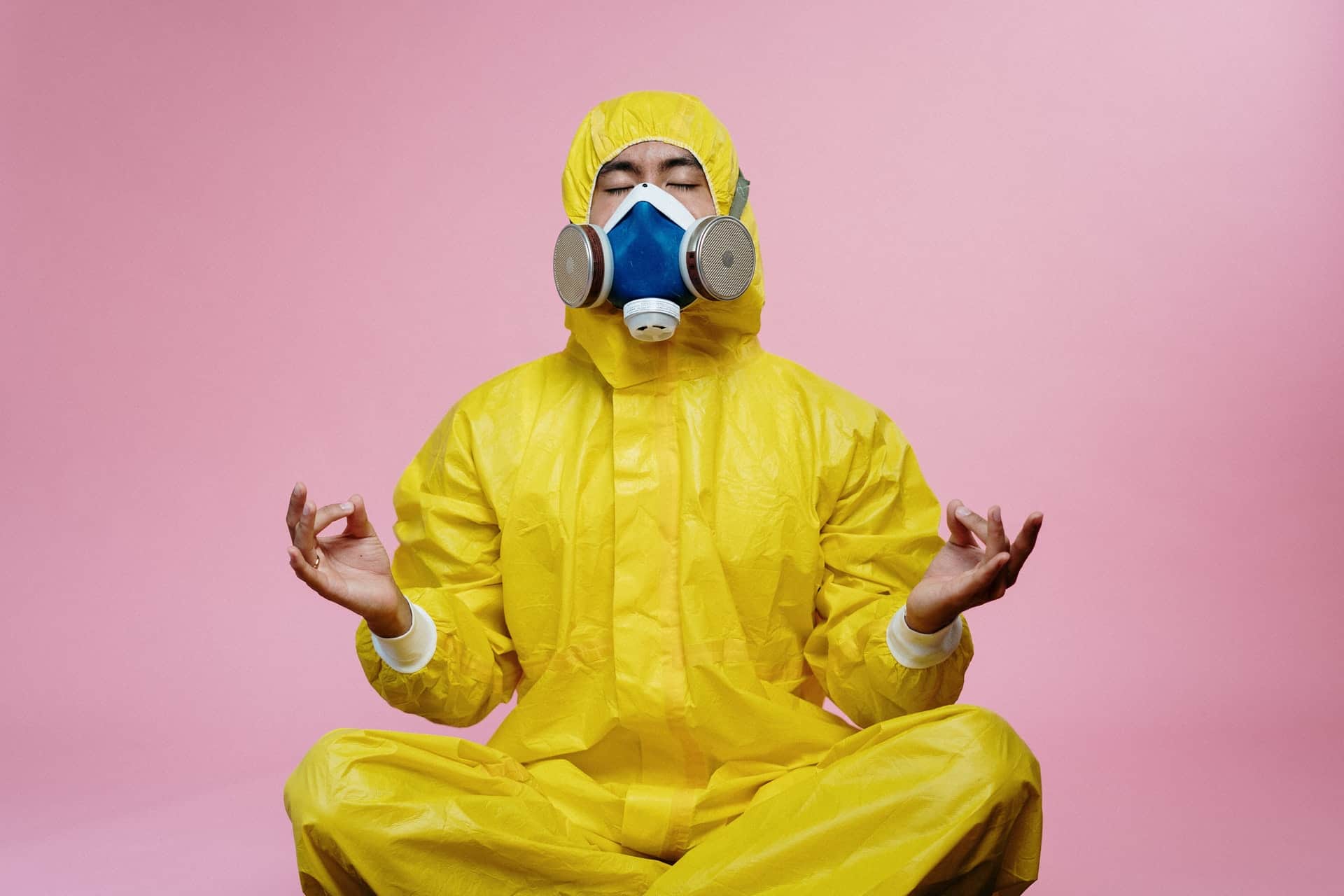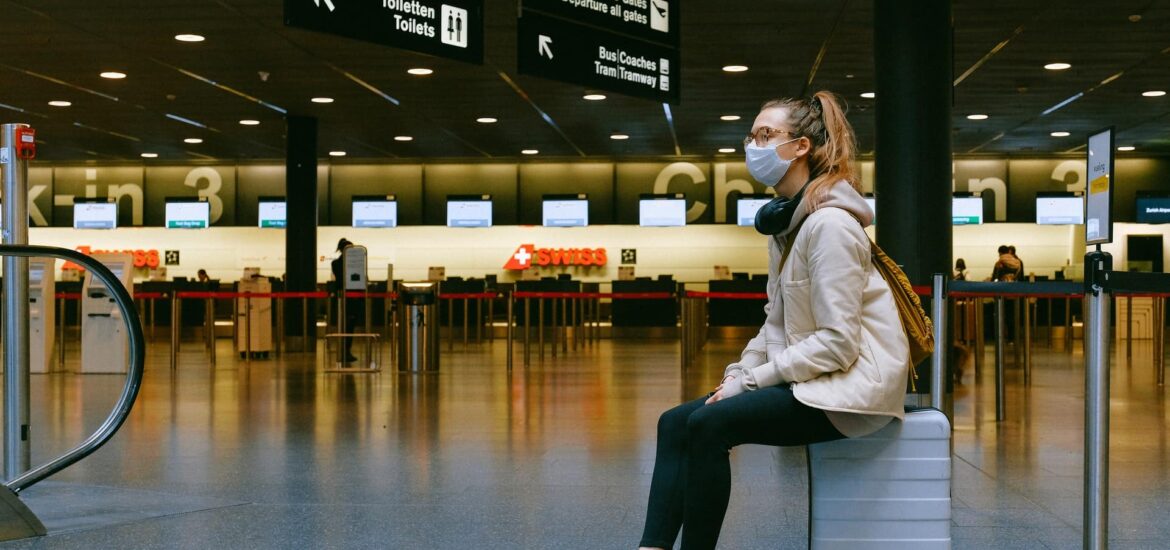Considering travel during the pandemic? Take travel precaution to protect yourself. Getting vaccinated first is the best option. If you’re fully vaccinated, you’re less likely to get infected. Its recommends that you should avoid travel until you’ve been fully vaccinated when possible. In the meantime, continue taking precautions to protect yourself and others if you must travel.
Travel Precaution to Protect Yourself
- Maintain a distance of 6 feet (2 meters) between you and others as much as possible.
- Avoid contact with anyone who is sick.
- Limit contact with frequently touched surfaces, such as handrails, elevator buttons and kiosks. If you must touch these surfaces, use hand sanitizer or wash your hands afterward.
- Wear a face mask in indoor public spaces and outdoors where there is a high risk of COVID-19 transmission, such as at a crowded event or large gathering.
- Avoid touching your eyes, nose and mouth.
- Cover coughs and sneezes.
- Clean your hands often. It’s especially important after going to the bathroom, before eating, and after coughing, sneezing or blowing your nose.
- Wash your hands often with soap and water for at least 20 seconds.
- If soap and water aren’t available, use a hand sanitizer that contains at least 60% alcohol. Cover all surfaces of your hands and rub your hands together until they feel dry.
- Refrain from eating or drinking on public transportation. That way you can keep your mask on the whole time.
Air Travel Precaution
Because of how air circulates and is filtered on airplanes, most viruses don’t spread easily on flights. However, crowded flights make social distancing difficult. Plus, air travel involves spending time in security lines and airport terminals, which can bring you in close contact with other people.
Learn More : 7 Things to Avoid for Preventing Coronavirus Infection
Travelers must wear masks during screening. Personal items such as keys, wallets and phones should be placed in carry-on bags instead of bins. This reduces the handling of these items during screening. Food items should be transported in a plastic bag and placed in a bin for screening. Separating food from carry-on bags lessens the likelihood that screeners will need to open bags for inspection. Be sure to wash your hands with soap and water for at least 20 seconds directly before and after going through screening.

Car Travel Precaution
Car travel might be your mode of travel. You may prefer to drive, which also gives you more control over your environment. You’ll still need to be smart about any stops you make, but that just takes some planning. Plan to make as few stops as possible, but stop driving if you become drowsy.
Learn More : 5 Helpful Ideas on How to Disinfect Your Car?
Be sure to pack face masks, hand sanitizer and disinfectant wipes in an easily accessible spot so that you can use them during the trip as necessary. Prepare food and water to take on the trip. Consider including nonperishable items to tide you over in case access to restaurants and grocery stores is limited. When you need to get gas, use a disinfectant wipe on handles or buttons before you touch them. After fueling, use hand sanitizer. And when you get to where you’re going, use soap and water to wash your hands for at least 20 seconds. If you choose to pick up a meal on the road, opt for restaurants that offer drive-thru or curbside service.
Public Transportation
If you travel by bus or train and you are unvaccinated, be aware that sitting or standing within 6 feet (2 meters) of others for a prolonged period can put you at higher risk of getting or spreading COVID-19.
If you’ll be using public transportation, maintain social distancing, wear a mask, and use hand sanitizer or wash your hands after reaching your destination. Finally, If you plan to use a ride-hailing service, don’t sit in the front seat near the driver.
Hotels and Other lodging
The hotel industry recognizes that travelers are concerned about the coronavirus and safety. Check any major chain’s website for information about how it’s protecting guests and staff. Some best practices include:
- Enhanced cleaning procedures
- Social distancing measures
- Masking of staff and guests
- Contactless payment
- Protocol in case a guest becomes ill, such as closing the room for cleaning and disinfecting
Vacation rentals, too, are upping their game when it comes to cleaning. They’re committed to following public health guidelines, such as using masks and gloves when cleaning, and building in a waiting period between guests.
Read More : 7 Things to Do for Preventing COVID-19 Disease
Once you arrive at your room or rental, if you’re unvaccinated, disinfect high-touch surfaces, such as doorknobs, light switches, countertops, tables, desks, phones, remote controls and faucets. Wash plates, glasses, cups and silverware (other than prewrapped plastic items) before using.
Check Local Requirements, Restrictions and Situations
Some state, local and territorial governments have requirements, such as requiring people to wear masks or get tested, and requiring those who recently traveled to stay home for up to 14 days. Save yourself unpleasant surprises and delays by checking for restrictions at your destination and anywhere you might stop along the way.
Keep in mind that restrictions can change rapidly depending on local conditions. It’s also important to keep in mind the pandemic situation, such as the level of spread and presence of variants, varies in each country. Check back for updates as your trip gets closer.
Stay Safe When You Travel!
If You Know How to Travel with Precaution to Protect Yourself During the Pandemic? Please, Share and Comment them on Aicrow.
